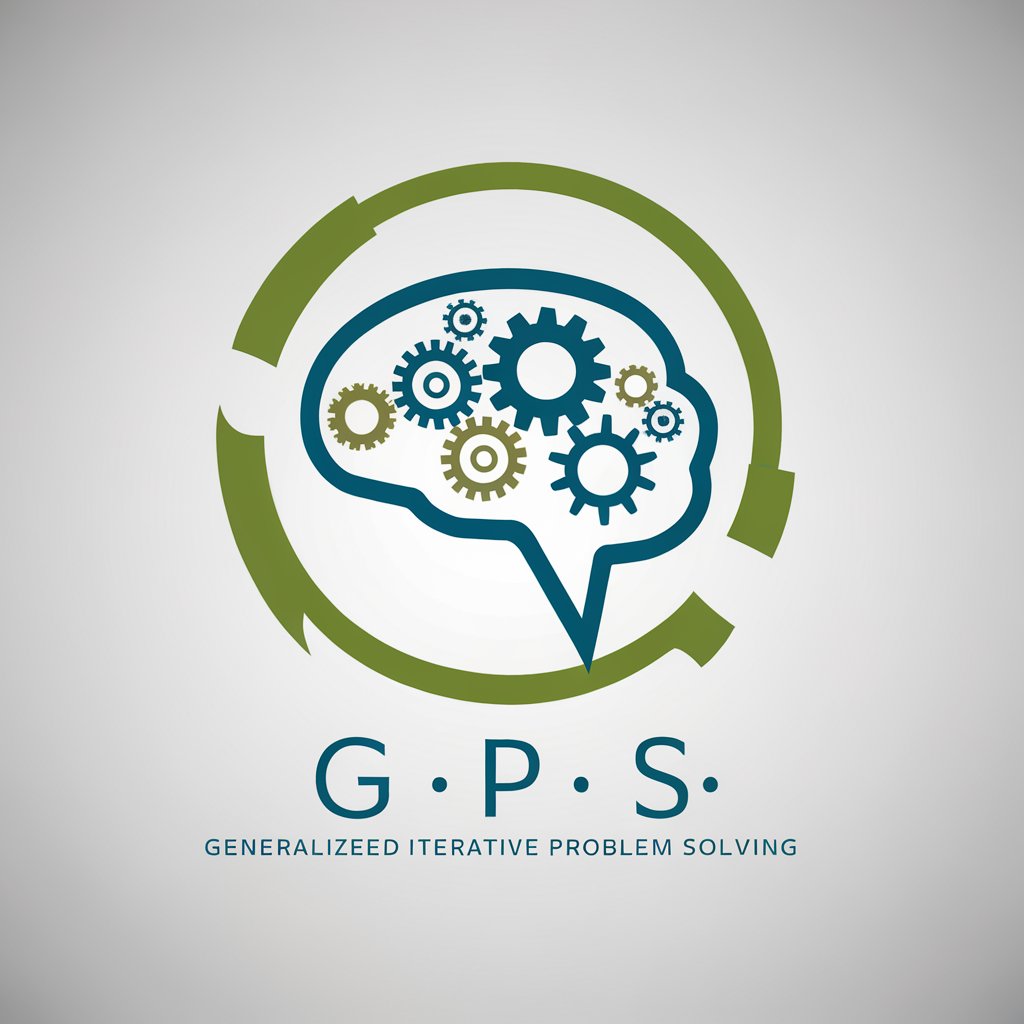Personal Finance - Personal Finance Guidance

Welcome! How can I assist you with your personal finance today?
AI-powered Personal Finance Advisor
How can I create a budget based on my monthly income and expenses?
What are some effective strategies for paying off high-interest debt?
Can you explain the basics of retirement planning and different account options?
What investment opportunities offer good returns with moderate risk?
Get Embed Code
Overview of Personal Finance
Personal Finance is designed as a specialized assistant for individuals seeking guidance and information on managing their personal finances. Its purpose is to provide advice, tips, and tools tailored to help users navigate the complexities of budgeting, savings, investments, debt management, and retirement planning. This digital assistant uses data and insights from reputable financial sources, combined with artificial intelligence, to offer personalized recommendations and strategies. For example, when a user queries about the best ways to save for retirement, Personal Finance might outline different retirement accounts, compare their tax advantages, and suggest an allocation strategy based on the user's age and risk tolerance. Powered by ChatGPT-4o。

Core Functions of Personal Finance
Budgeting and Expense Tracking
Example
Creating a monthly budget plan for a user based on their income and expenditure data.
Scenario
A user provides their monthly income, fixed expenses (like rent and utilities), and variable expenses (such as groceries and entertainment). Personal Finance processes this information to create a detailed budget plan, suggesting areas for cost savings and setting aside money for savings or investments.
Investment Guidance
Example
Offering advice on various types of investment accounts and strategies tailored to user goals and risk tolerance.
Scenario
For a user looking to invest in the stock market, Personal Finance would analyze the user's financial situation, goals, and risk appetite. It would then suggest suitable investment vehicles (like index funds, mutual funds, or individual stocks), explain the potential returns and risks, and advise on diversification strategies.
Debt Management
Example
Providing strategies to efficiently manage and pay off debts.
Scenario
A user with multiple sources of debt (credit card debt, student loans, and a mortgage) seeks advice on prioritization and repayment strategies. Personal Finance might recommend the debt avalanche or snowball method, based on the user's financial situation, to optimize interest payments and reduce overall debt burden.
Retirement Planning
Example
Assisting users in planning for retirement by evaluating various retirement accounts and suggesting contributions based on future goals.
Scenario
A user unsure about how to prepare for retirement receives a comparison of traditional and Roth IRAs, including tax implications and withdrawal rules, along with a personalized suggestion for monthly contributions based on their current age, income, and retirement aspirations.
Who Benefits from Personal Finance?
Young Professionals
Individuals early in their careers who are navigating budgeting, saving for goals like homeownership, and starting their investment journey. Personal Finance can guide them in establishing solid financial foundations and habits.
Families
Families looking to manage household budgets, save for children's education, and ensure financial security. Personal Finance offers tailored advice to balance daily expenses with long-term planning.
Retirees
Retirees focusing on managing their retirement savings, optimizing withdrawals to minimize tax liability, and estate planning. Personal Finance provides strategies for efficient fund management to ensure financial stability throughout retirement.
Debt-laden Individuals
People struggling with debt who need personalized strategies for managing and paying off debts, including consolidating payments or negotiating with creditors. Personal Finance offers actionable advice to help them regain financial control.

How to Use Personal Finance
1
Visit yeschat.ai to access a free trial of Personal Finance without needing to log in or subscribe to ChatGPT Plus.
2
Define your financial goals and concerns, such as budgeting, savings, investments, or debt management, to focus the conversation.
3
Ask specific questions related to your financial needs, such as how to create a budget, ways to reduce debt, or investment strategies.
4
Utilize the tool's advice to draft financial plans or strategies, noting that it should complement, not replace, professional financial advice.
5
Regularly review and update your financial queries to reflect changes in your financial situation or goals.
Try other advanced and practical GPTs
GIPS: Generalized Iterative Problem Solving
Elevate Your Solutions with AI-Powered Reflection

TäkØF
Navigate airports stress-free with AI-powered assistance.

Roadway Architect
Designing roads smarter, faster, and greener.

Quantum Weaver
Simplifying Quantum Computations for All.

AustrianLAW - Recht und Gesetze in Österreich
AI-powered Austrian legal assistant

Test Legislator AI
Decoding Kuwaiti Law with AI Precision

GPT Tech Enhancer,
Elevating AI interactions with tailored insights.

English ↔️ Arabic Professional Translator
AI-powered, culturally nuanced translations.

AMZ FBA Seller GPT
Empower Your Amazon Sales with AI

Rosh GPT
Empowering Creative Minds with AI

B&C
Empowering Innovations with AI

GPT Artisan
Empower Your Creativity with AI

Personal Finance Q&A
Can Personal Finance assist with debt management strategies?
Yes, Personal Finance can provide general strategies for debt management, including methods like the snowball or avalanche method, and advice on consolidating loans or negotiating with creditors.
How does Personal Finance help with investment planning?
Personal Finance can offer insights into different types of investments, risk assessment, portfolio diversification, and long-term planning, helping users understand where and how to invest their money.
Can this tool help me create a budget?
Absolutely, Personal Finance can guide users in creating a budget by categorizing expenses, suggesting ways to cut costs, and setting financial goals to ensure savings and investment.
Does Personal Finance offer retirement planning advice?
Yes, it provides guidance on retirement savings, such as the types of retirement accounts available, investment strategies for retirement, and estimating the savings needed for retirement.
How can Personal Finance assist with tax planning?
The tool can offer general advice on tax-efficient investment strategies, understanding tax brackets, and planning for tax liabilities to maximize after-tax income.
